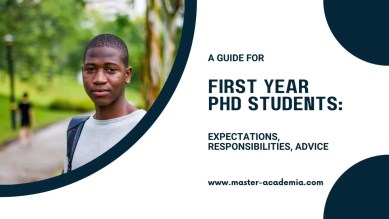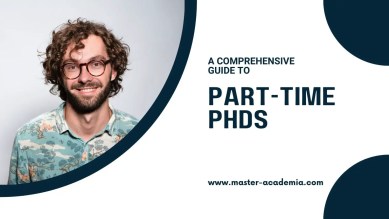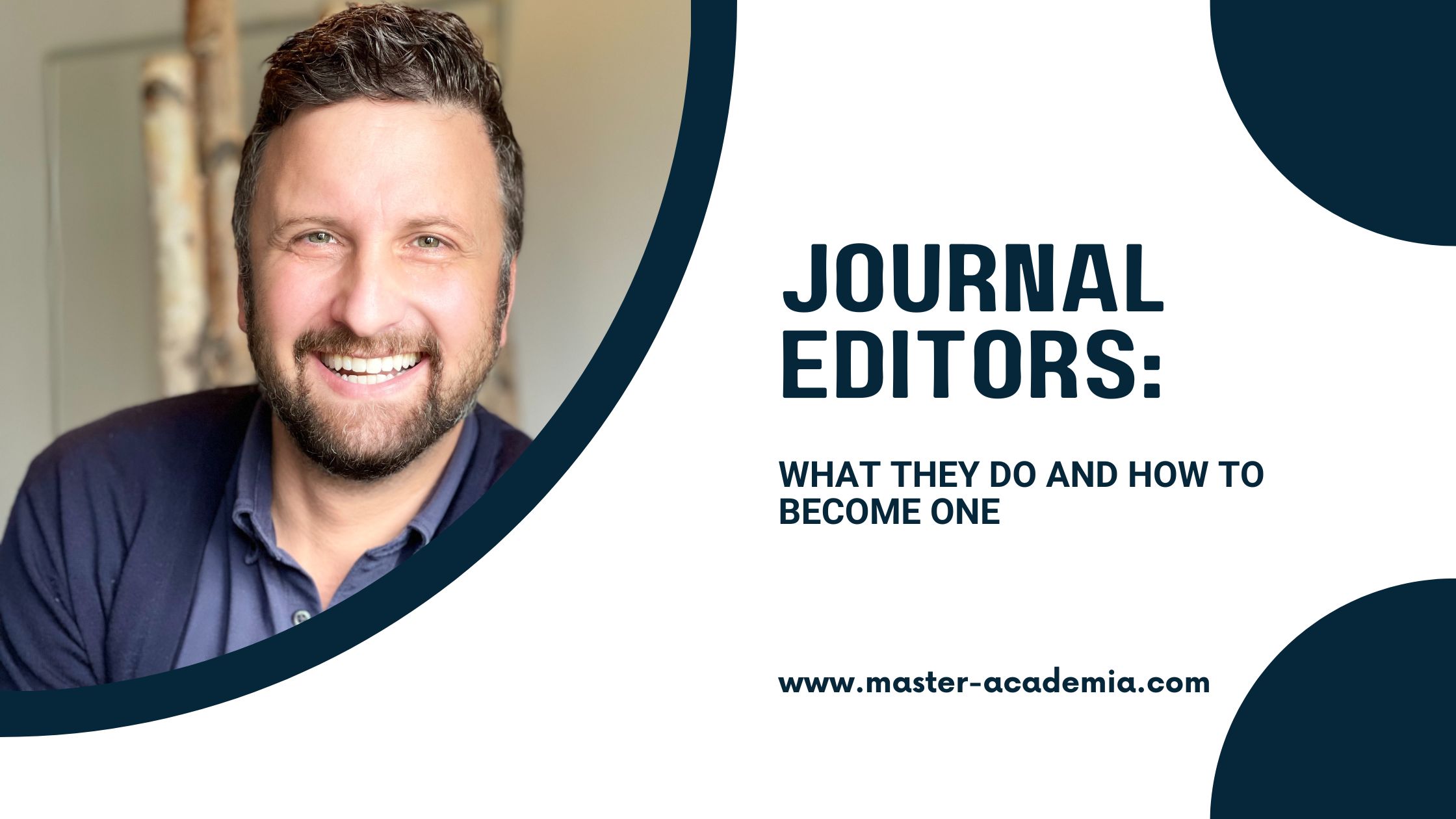
The question “Where do you see yourself in 5 years?” is commonly asked in job interviews due to its ability to assess various aspects simultaneously, such as drive, goal orientation, realism, alignment with the organization, preparedness, and effort. Providing a thoughtful and well-prepared response that balances ambition and realism is crucial. Learn more!
Disclaimer: This post may contain affiliate links, which means I may earn a small commission if you make a purchase using the links below at no additional cost to you. I only recommend products or services that I truly believe can benefit my audience. As always, my opinions are my own.
Contents
- Why “Where do you see yourself in 5 years?” is such a common interview question
- Dos for answering “Where do you see yourself in 5 years?”
- Don’ts for answering “Where do you see yourself in 5 years?”
- Sample answer 1, highlighting research ambitions, teamwork and mentoring
- Sample answer 2, highlighting passion and skill development
- Sample answer 3, highlighting a vision and collaboration
- Sample answer 4, highlighting a link to the job and skills development
- Sample answer 5, highlighting long-term objectives and mentoring
Why “Where do you see yourself in 5 years?” is such a common interview question
One question that you can always expect in job interviews, including academic job interviews, is about your vision for the next five years. This question is extremely popular because it allows employers to assess multiple aspects simultaneously:
- Drive and goal orientation: Even if you’re unsure about your exact career path in five years (which is understandable), it is crucial to provide a thoughtful response. Avoid saying “I don’t know” or “I don’t plan that far ahead.” Instead, focus on the tasks, challenges, or skills that you consider important, regardless of specific job titles or descriptions.
- Realism: Your answer should strike a balance between ambition and realism. For example, if you’re applying for a postdoc position, it would be unrealistic to state that you expect to be a full professor within five years. Such an answer would demonstrate a lack of understanding of the academic system or a lack of humility.
- Alignment with the organization: Every organization has its own unique culture, goals, and visions. This question helps employers assess whether your future plans align with the organization’s objectives. It’s important to tailor your response accordingly.
- Preparedness and effort: This question is commonly asked, so it’s crucial to show that you have prepared for the interview. Responding with “I don’t know” indicates a lack of preparation and vision, both of which can be problematic.
It’s clear that this question carries significant weight during interviews. While there are no standard answers that will satisfy all interview committees, each response should be carefully prepared and tailored to the job description and organization you’re applying to.
I will show you sample answers to inspire and guide you in formulating your own response. However, it’s important to first understand the dos and don’ts of answering this question.
You may also like: The best answers to “Why do you want to do a PhD?”
Dos for answering “Where do you see yourself in 5 years?”
Crafting an impressive response to the question “Where do you see yourself in 5 years?” requires thorough preparation, which is highly recommended.
The best answers to the question “Where do you see yourself in 5 years?” include realistic personal milestones, the development of personal skills, fostering interpersonal relationships, and ambitions that extend beyond oneself.
To create your unique answer, consider the following dos:
- Focus on a general vision: Outline your broad aspirations and goals for personal and professional growth.
- Emphasize skills development: Highlight the skills and competencies you aim to enhance or acquire during the next five years.
- Highlight teamwork and relationships: Emphasize your desire to collaborate effectively with colleagues and contribute positively to the team dynamic.
- Express interest in being a role model or mentor: Demonstrate your willingness to guide and inspire others, showcasing leadership potential.
- Connect with your research or career objective: Illustrate how your vision aligns with your research interests or long-term career objectives.
- Express interest in acquiring funding: If applicable, discuss your ambition to secure funding to support your research or projects.
- Emphasize making a difference: Convey your passion for creating meaningful impact, either within your field of expertise or in society as a whole.
- Maintain motivation and passion: Assure the interviewer that you remain motivated and passionate about the subject matter and your chosen career path.
- Keep it realistic: While aiming high, ensure that your vision is attainable within a five-year timeframe.
Ultimately, the key is to showcase your intrinsic motivation and demonstrate that you value more than just personal success in terms of wealth and prestige.

Don’ts for answering “Where do you see yourself in 5 years?”
When crafting your answer to “Where do you see yourself in 5 years,” it’s important to avoid certain pitfalls that are generally not appreciated by employers.
When answering “Where do you see yourself in 5 years,” avoid specific job titles, self-centeredness, money discussions, excessive institution focus, narrow milestones, unrealistic aspirations, and presenting yourself solely as a high achiever, instead emphasizing collaboration, broader impact, and personal growth.
When crafting your answer to “Where do you see yourself in 5 years,” it’s important to avoid certain pitfalls that employers generally do not appreciate. Consider the following explanations for the don’ts:
- Avoid being overly specific about job titles or career steps: Instead of fixating on a specific position, focus on the skills, experiences, and growth you hope to achieve.
- Refrain from targeting a specific job other than the one you are applying to: Tailor your response to align with the position you’re interviewing for, demonstrating a genuine interest in the role.
- Don’t focus solely on yourself: Instead, broaden your ambitions to include mentoring or social influence: Showcase your desire to contribute to the development of others and make a positive impact beyond personal success.
- Avoid discussing money and financial targets: Shift the focus from monetary gains to personal and professional development, learning opportunities, and contributing to a meaningful cause.
- Don’t excessively link your ambition to the institution you are applying to: While it’s acceptable to mention the organization, maintain a balanced approach by emphasizing broader goals and aspirations.
- Don’t solely focus on a job title or promotion: Demonstrate your enthusiasm for the responsibilities, projects, and impact that come with the position, rather than just the title or advancement.
- Avoid highlighting only one specific milestone: Present a cohesive narrative of your long-term goals and how achieving specific milestones aligns with that vision.
- Don’t be overly unrealistic in your aspirations: While it’s important to aim high, ensure your goals are attainable within a five-year timeframe, demonstrating a practical understanding of career progression.
- Don’t present yourself solely as a high achiever driven by personal success: Highlight your ability to work collaboratively, communicate effectively, demonstrate collegiality, and consider ethical and societal implications in your future endeavors.
In conclusion, by presenting a well-rounded image that showcases your ability to work well with others, contribute to the team, and consider broader societal impacts, you can provide a comprehensive and compelling response to the question.
Sample answer 1, highlighting research ambitions, teamwork and mentoring
| In five years, my vision is to be in a position where I can actively expand my research in the field of neuroscience and make a meaningful contribution. As outlined in my research statement, I am deeply aware of the vast unexplored potential in this field, and I firmly believe that each new discovery holds tremendous implications for healthcare advancements. This is a significant driving force behind my work. Within this timeframe, my ideal scenario would involve leading a small team and engaging in collaborative research. I strongly believe that collective efforts yield more effective and impactful results than individual competition. And in addition, I am passionate about promoting a collaborative culture and actively supporting young scientists in their research journeys. |
Sample answer 2, highlighting passion and skill development
| My passion truly lies in teaching, and I hope to continue pursuing it five years from now. By that time, I aim to have obtained my advanced teaching certificate and further developed my teaching skills. I am particularly intrigued by the innovative didactic approaches associated with the use of AI, which I believe are significantly transforming the landscape of education. While I avidly follow the ongoing discussions on this topic, I acknowledge that I may not currently possess all the necessary skills to effectively incorporate AI in the classroom, which is likely the case for many others given its emerging nature. Therefore, I see continuous learning and collaboration with colleagues as vital steps to prepare myself for the future. Although some may find it daunting, I find the prospect of integrating AI in education quite exciting. Undoubtedly, it requires adjustments from educators, but I am genuinely enthusiastic about embracing this challenge. |
Sample answer 3, highlighting a vision and collaboration
| In 5 years, I hope to have further developed myself as a scientist and established a strong presence in the field of political sciences. Additionally, I aim to expand my collaboration with practitioners, which I initiated last year through my involvement in a project with local policy makers. This experience proved immensely valuable, not only providing me with new perspectives for my research, but also allowing me to actively apply my knowledge and make a meaningful impact. It made me realize that I do not want to confine myself to the ivory tower of academia; on the contrary, I aspire to have one foot in academia and the other in practice. My vision is to facilitate a stronger connection and exchange between academia and practical implementation, with the ultimate goal of benefiting both realms. In the next five years, I hope to make substantial progress towards achieving this goal of bridging theory and practice. |
Sample answer 4, highlighting a link to the job and skills development
| I am quite eager to enhance my science communication skills, which is one of the reasons why I applied for this job. Effective science communication plays a vital role in conducting impactful research, and I appreciate that this position offers dedicated time for it. I believe that certain aspects of this job align well with my goal of gaining expertise in science communication. Therefore, in five years, I envision myself as a highly skilled and confident science communicator, enabling me to effectively disseminate my research findings with greater thoughtfulness and reflection. |
Sample answer 5, highlighting long-term objectives and mentoring
| Though I acknowledge that I am still at the beginning of my journey, my long-standing aspiration has always been to become a university professor. Therefore, in five years, I hope to have taken significant steps towards realizing my dream. By that time, I aim to have successfully completed my PhD and made a meaningful contribution through my research. Moreover, I aspire to secure a position within academia beyond the completion of my doctoral studies. Having experienced the profound impact of exceptional mentorship during my own academic journey, I am motivated to pay it forward and guide the next generation of scholars. Through the development of my research skills and the acquisition of teaching experience during my PhD program, I anticipate being well-equipped to supervise undergraduate students in five years’ time. This prospect is truly exciting for me. |




